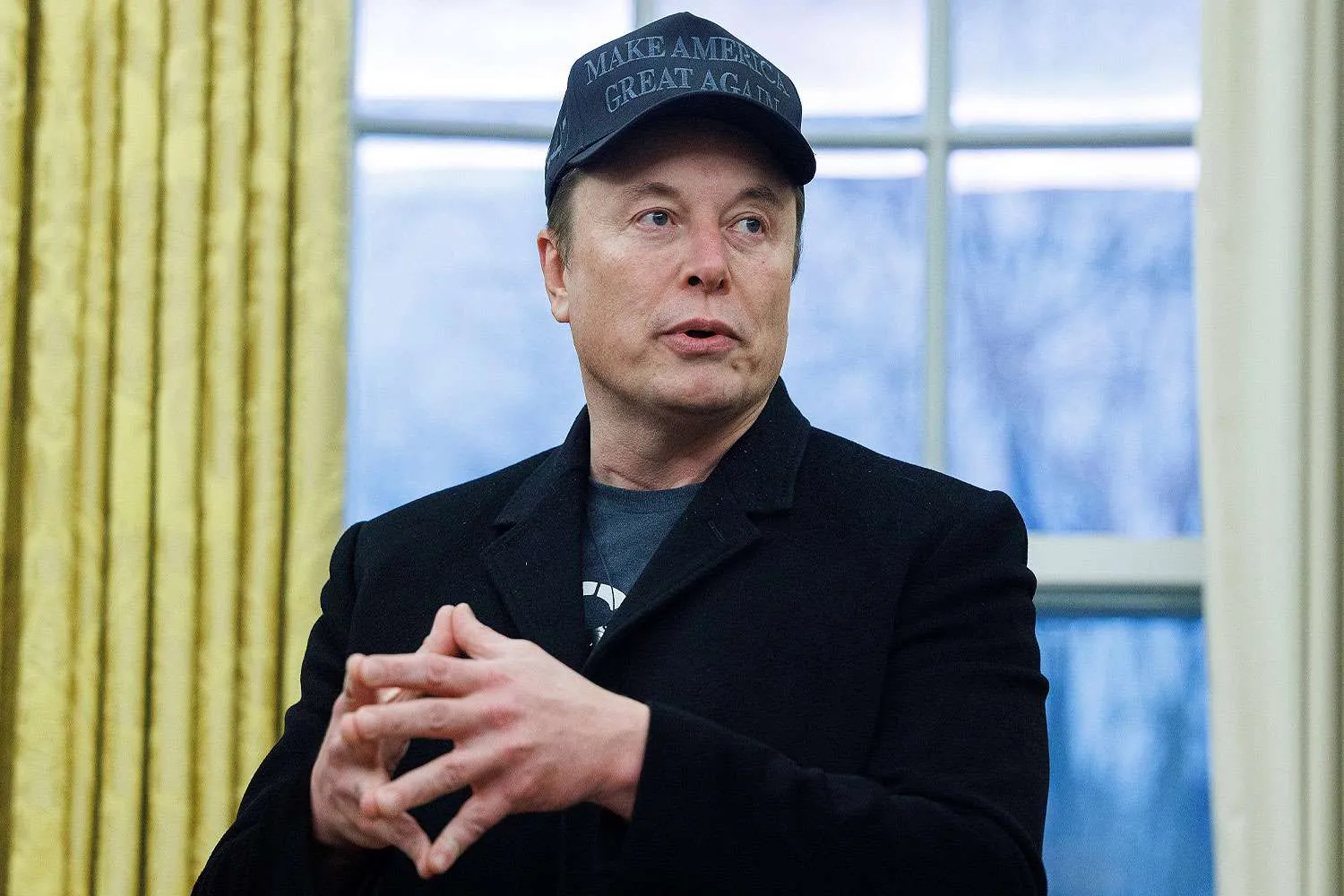Susan Crawford’s Victory in Wisconsin Supreme Court Race Defies Elon Musk’s Influence
In a stunning upset, liberal candidate Susan Crawford has won the Wisconsin Supreme Court race, defeating Brad Schimel despite Elon Musk’s high-profile involvement. The most expensive judicial election in U.S. history, held on April 1, 2025, saw Musk pour over $15 million into Schimel’s campaign, backed by President Donald Trump. Yet, Crawford’s decisive victory signals a potential misstep for Republicans banking on Musk’s wealth and influence to sway battleground state voters. While Democrats celebrate, the GOP faces early warning signs about Musk’s polarizing role as the 2026 midterms loom.
Musk’s Central Role in the Race
Elon Musk, the billionaire White House advisor and Trump’s top donor in 2024, emerged as the race’s main character. He funneled millions through personal funds and allied groups to support Schimel, a former Wisconsin Attorney General aligned with Trump. Musk’s goal? To flip the court’s 4-3 liberal majority, potentially securing Republican-friendly congressional redistricting ahead of 2026. Trump himself hyped the race’s national importance, but Musk’s involvement stole the spotlight, turning the technically nonpartisan contest into a proxy battle over his influence.

Crawford and her Democratic allies seized the opportunity, framing Musk as a meddling outsider trying to “buy” the court. Their strategy worked. With turnout rivaling the 2022 midterms—unusually high for an off-year election—Crawford clinched a clear win, cementing the liberal majority for at least three more years.
A Setback for Trump and Republicans
For Trump and the GOP, Crawford’s victory is a sobering moment. Just two months into Trump’s second term, this battleground state loss suggests Musk’s outsized role may energize Democrats more than it rallies Republicans. A recent NBC News poll shows 51% of voters nationwide view Musk negatively, compared to 39% with a positive opinion—a divide Democrats exploited effectively.
Trump advisors downplay the defeat, calling it an unpredictable off-year race. “It’s just one result. You can’t read too much into it, including Elon’s role,” one advisor told reporters. A source close to Musk echoed this, framing Schimel’s competitiveness as a win in itself: “Elon made this a race when it shouldn’t have been. He put Democrats on the defensive and forced them to spend big.” Still, the loss stings for a party clinging to a razor-thin House majority.
Musk’s Influence: A Double-Edged Sword
Musk’s involvement was unprecedented. Beyond the $15 million, he leveraged his X platform to push Schimel and offered cash incentives to voters signing petitions against “activist judges.” His tactics mirrored his 2024 playbook, where he spent over $288 million to boost Trump. Yet, in Wisconsin, they backfired. Democrats countered with “People v. Musk” town halls and ads painting him as a “power-hungry billionaire,” tapping into voter frustration over his federal cost-cutting efforts via the Department of Government Efficiency (DOGE).
“Elon’s great for Trump as a lightning rod,” a GOP operative who advised Musk said. “But he draws too much attention, and that’s not good for elections—it fires up Democrats.” The operative’s point is clear: Musk’s polarizing presence may galvanize the opposition more than it consolidates Republican support.

What’s Next for Musk and the GOP?
Despite the setback, Musk shows no signs of retreating. The source close to him insisted, “He’ll keep fighting and won’t concede an inch to Democrats.” With his vast wealth—estimated at over $250 billion—Musk remains a formidable force, likely to target future races in swing states like Wisconsin. Republicans, meanwhile, are reassessing how his spotlight-grabbing style fits into their 2026 strategy, where defending the House will be critical.
For now, neither Musk nor Trump has commented publicly on the loss as of 11 p.m. on April 1. But the race’s fallout is undeniable. It exposed vulnerabilities in the Trump-Musk alliance and handed Democrats a playbook: make Musk the villain, rally the base, and win.
Conclusion: A Turning Point in Wisconsin
Susan Crawford’s triumph over Brad Schimel isn’t just a judicial win—it’s a statement. Defying Elon Musk’s millions, Wisconsin voters preserved the court’s liberal tilt, setting the stage for battles over abortion, voting rights, and redistricting. As the GOP licks its wounds and Democrats savor a rare victory in Trump’s second term, one thing is clear: Musk’s political clout, while immense, isn’t invincible. The road to 2026 just got more complicated for Republicans—and more intriguing for the rest of us.